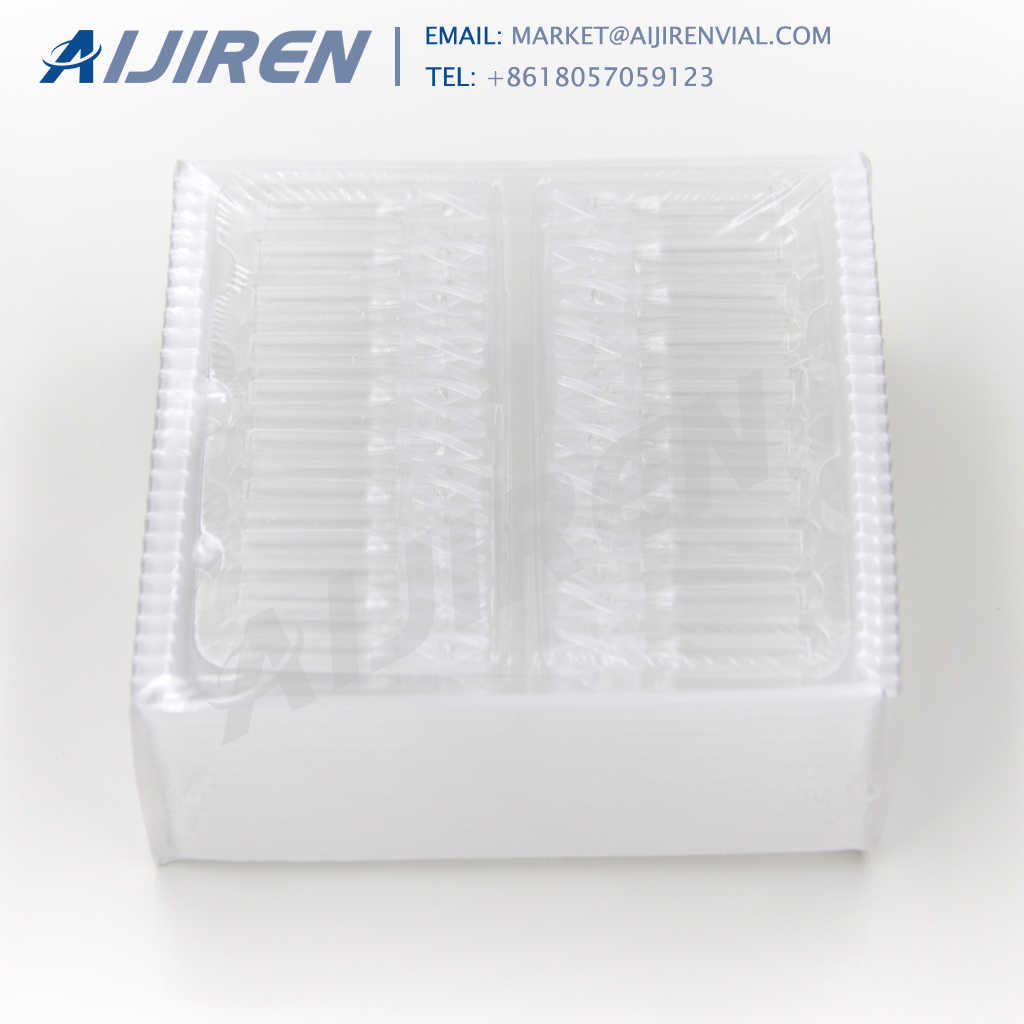
The membrane is placed in the frit and the set is connected directly to a vacuum pump with tubing to allow for the solvent to drain through the membrane and frit into the receiving. Sometimes disposable funnel sets commonly referred to as, “Bottle Top Vacuum Assemblies,” will come with a membrane pre-installed in the frit.
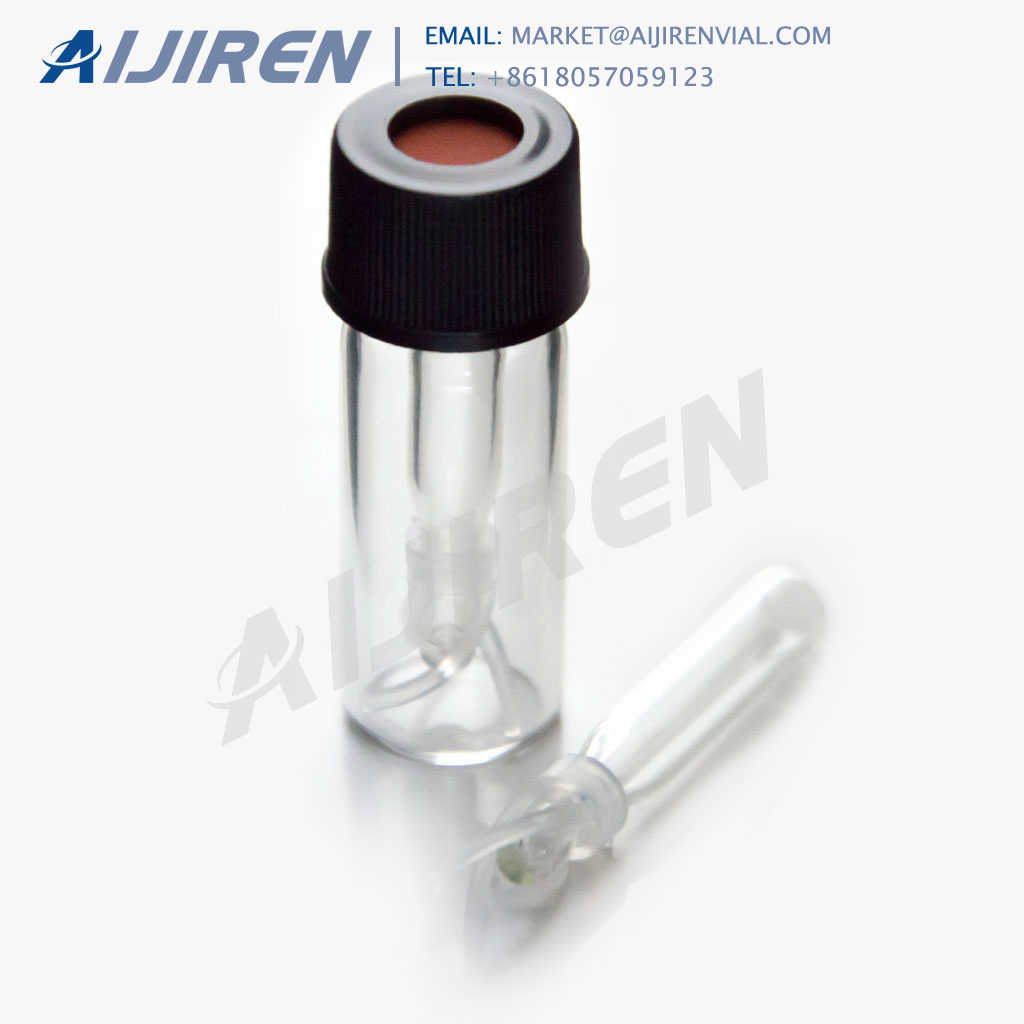
TefTEC™. Naturally hydrophobic expanded PTFE membrane filters designed for vent and gas applications. With over 8.5 square feet of filtration area, TefTEC filters provide outstanding flow rates. TefTEC filters are 100% flushed and integrity tested in a cleanroom environment.
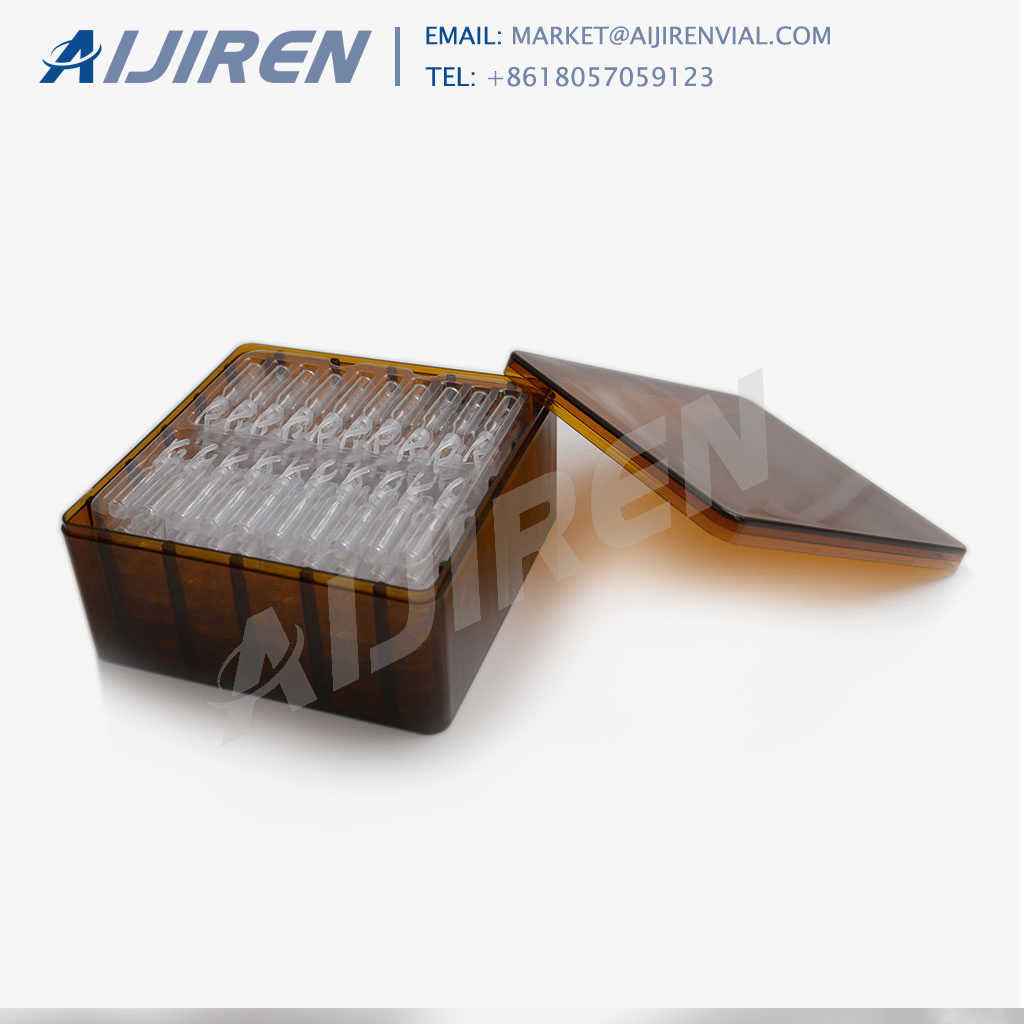
Membrane filters act as a barrier to separate contaminants from water, or they remove the particles contaminating the water. Reverse osmosis, ultrafiltration, and nanofiltration all use a membrane in their different filtration processes. Our Master Water Specialist, John Woodard, explains what a membrane filter is and how it works inside different water filtration systems.
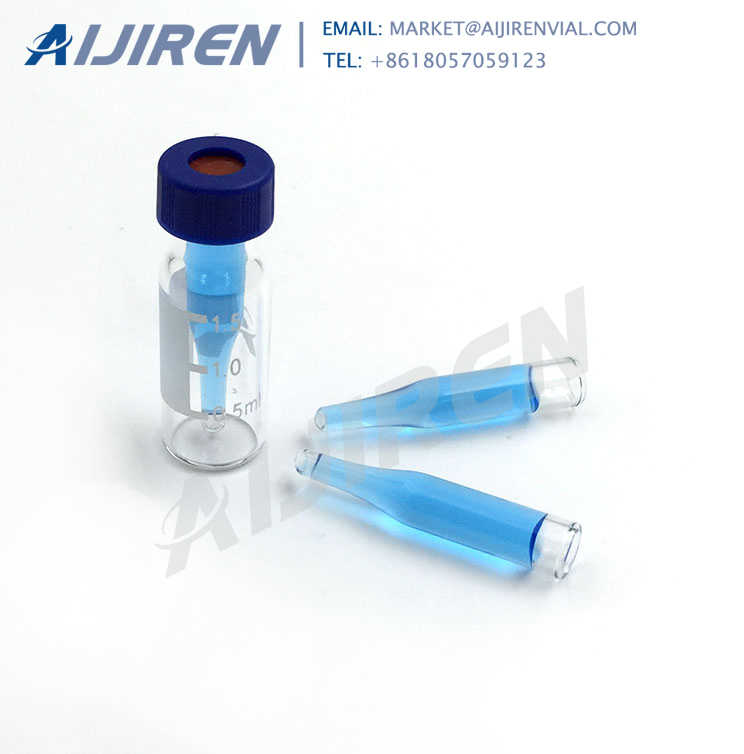
Jan 27, 2021 · The most interesting factor of membrane filters it´s their uniform porosity of the same standard size which is normally 0.45 µm, this size is enough and the right one to be able to trap small microorganisms. Using this type of filtration method, water sample passes through the membrane using a filter funnel and vacuum system, as the name suggests.
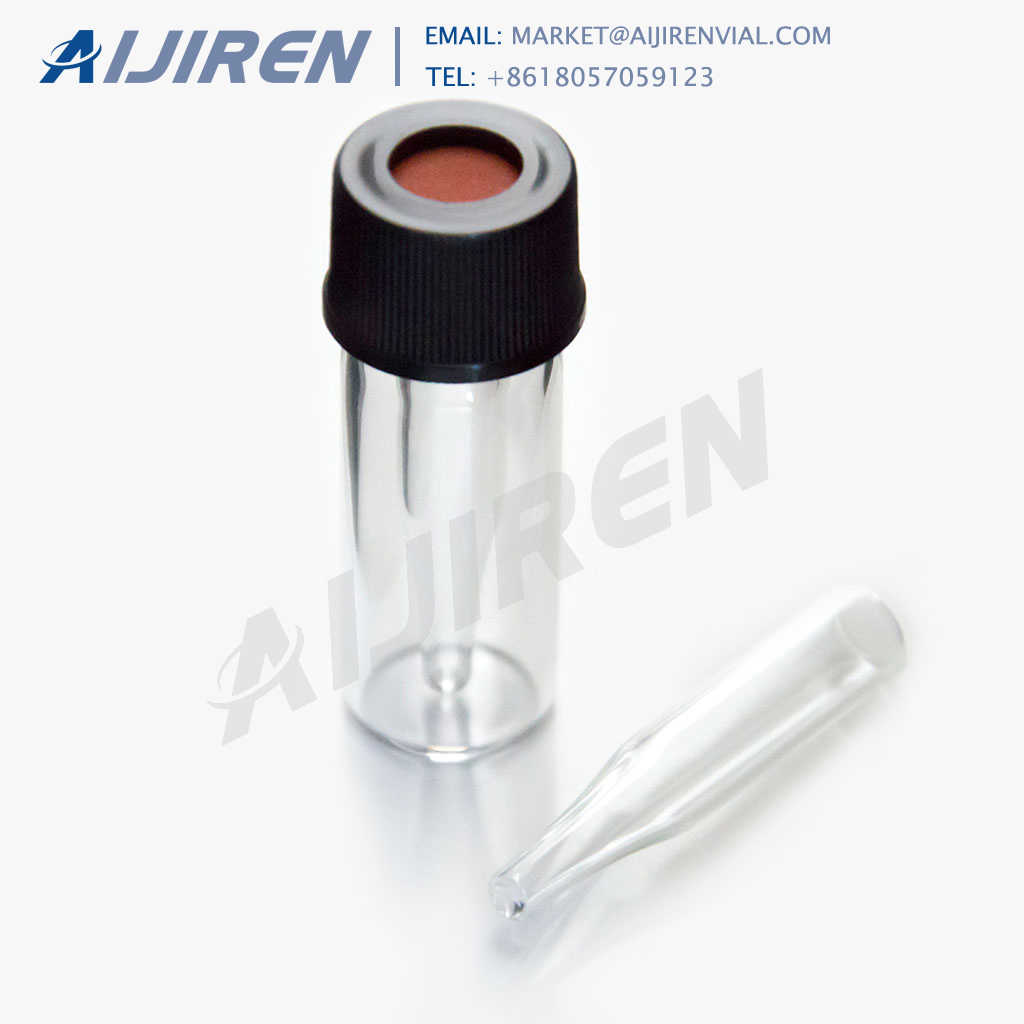
Ceramic membranes demonstrate excellent chemical and thermal compatibility. Coupled with long membrane life, this makes them the ideal, cost-effective solution for several market applications. We offer a variety of ceramic products, providing high-quality membrane modules for small, medium and large projects across a wide range of
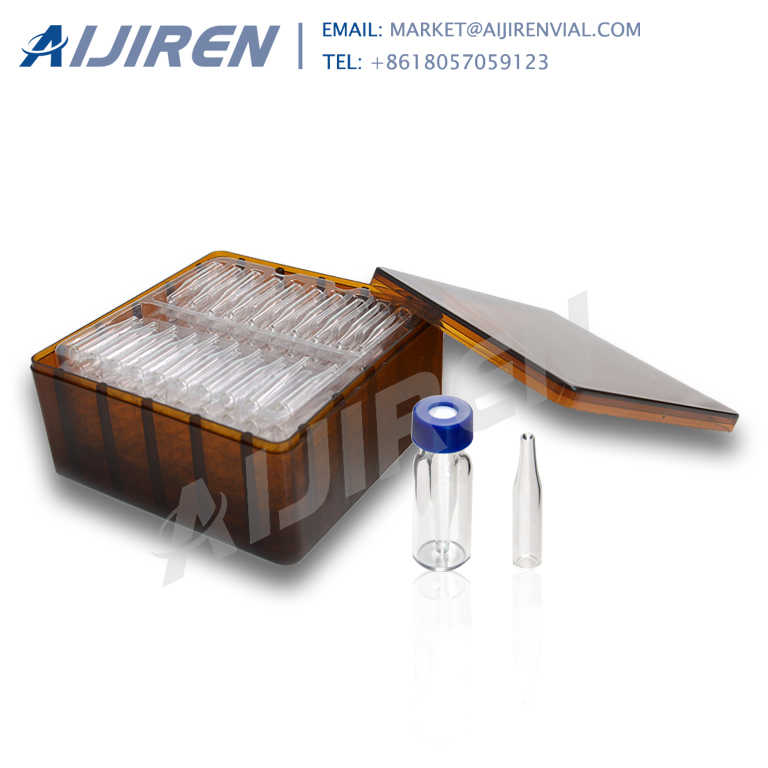
The mechanism of membrane filtration technology in detaining microorganisms is a combination of two phenomena: firstly, the effect of physiochemical interactions between the membrane and microorganisms; and secondly, the sieving effect. 102, 103 The microorganisms that are larger than the pore size of the membrane are retained, and in a similar way the membrane that is negatively charged retains the microorganisms through the repelling force.
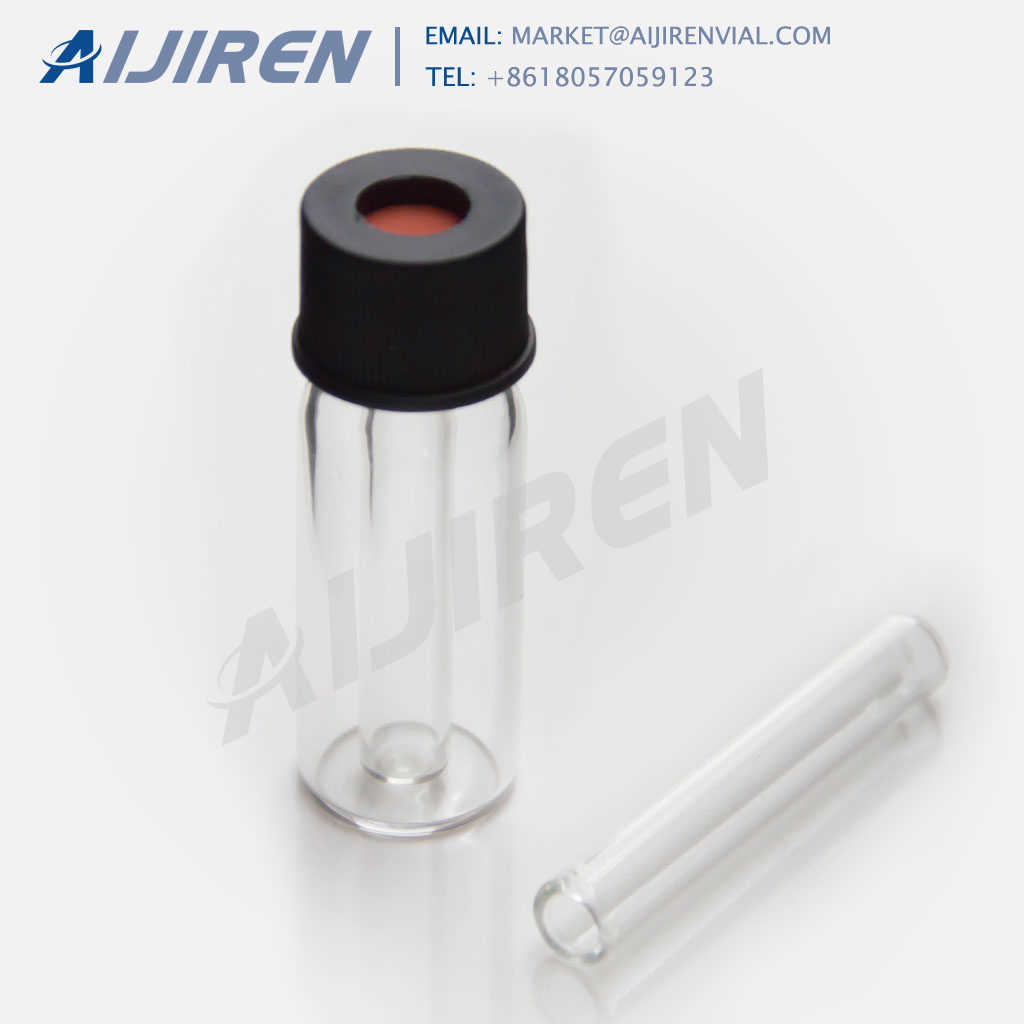
Oct 25, 2016 · In its most basic terms membrane filtration involves passing a single feed stream through a membrane system that separates it into two individual streams, known as the permeate and the retentate.
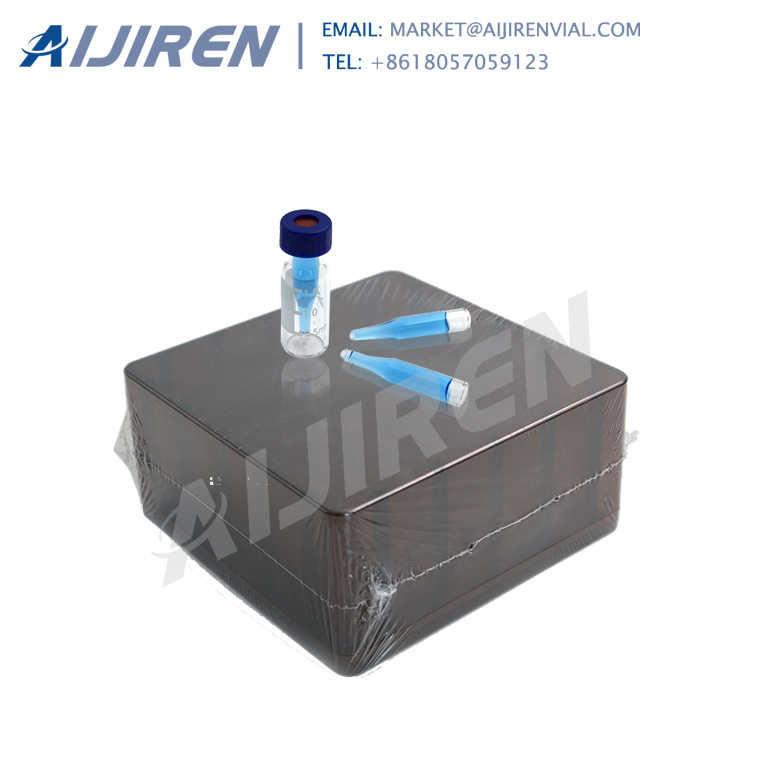
Yes, the RO membrane filters remove nearly 97% of the total mineral content in the water. However, this should not be cause for any alarm. The resulting water is usually within an acceptable range for the body since it is still palatable. When it comes to drinking water, the mineral concern is usually very controversial.
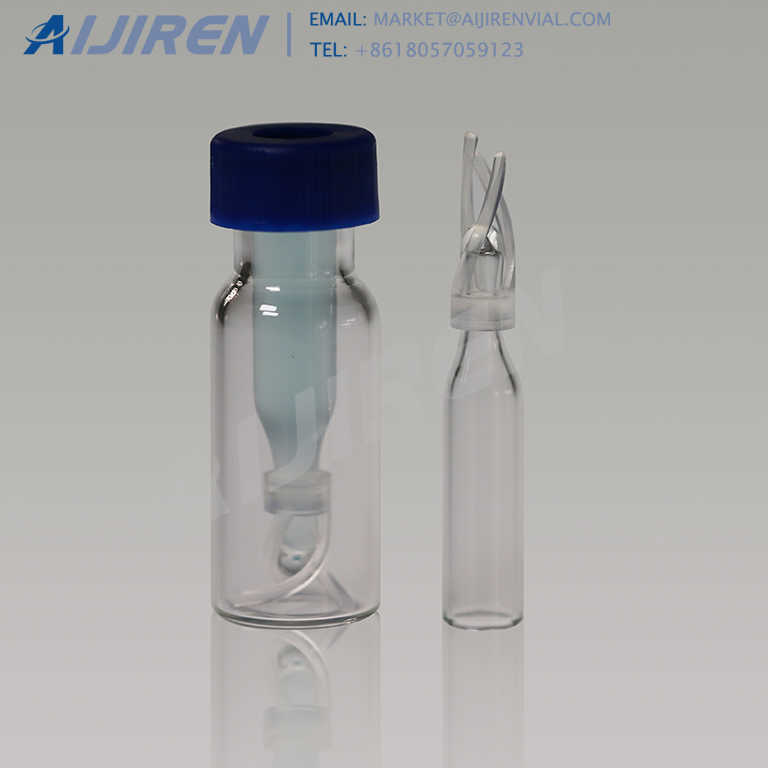
Aug 07, 2018 · Cellulose Acetate (CA) Membrane. Hydrophilic filtration membrane with limited chemical resistance but made from pure cellulose acetate, which is very low protein binding and so excellent for protein recovery. Withstands temperatures up to 180°C, making it well suited for hot gases.
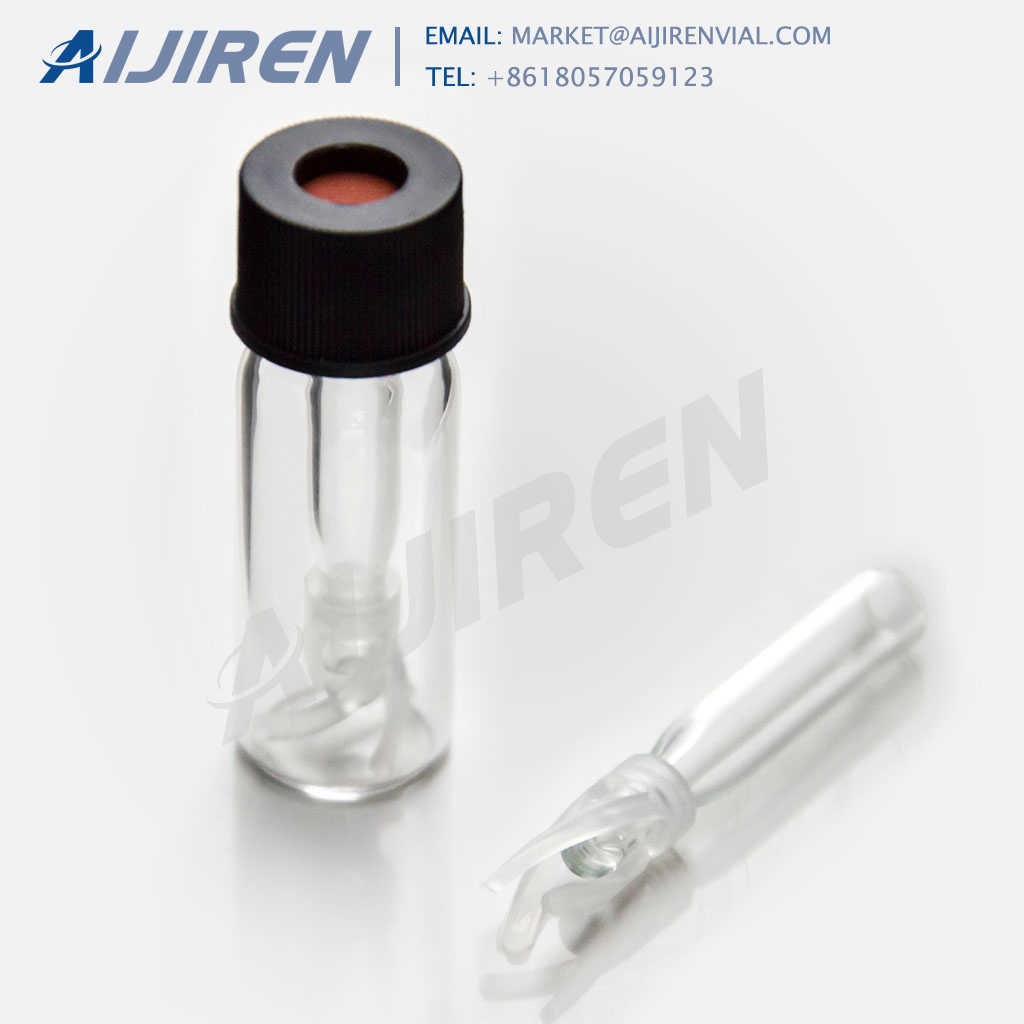
Polyethersulfone (PES) membrane filters are hydrophilic, high flow rate and low non-specific protein adsorptive membranes. These properties make them excellent for the filtration of aqueous solutions as well as variouse solvents and pharmaceutical solutions. Available in pore sizes from 0.1 um to 0.45 um and multiple diameters, Sartorius is

Firstly, we need to place a membrane filter over the carbon disk. Then, one should pass the water sample through a stainless funnel ( at the top). A locking ring or clamp below the funnel controls the flow of the test water sample. The stainless base holds the carbon disc and the membrane filter.
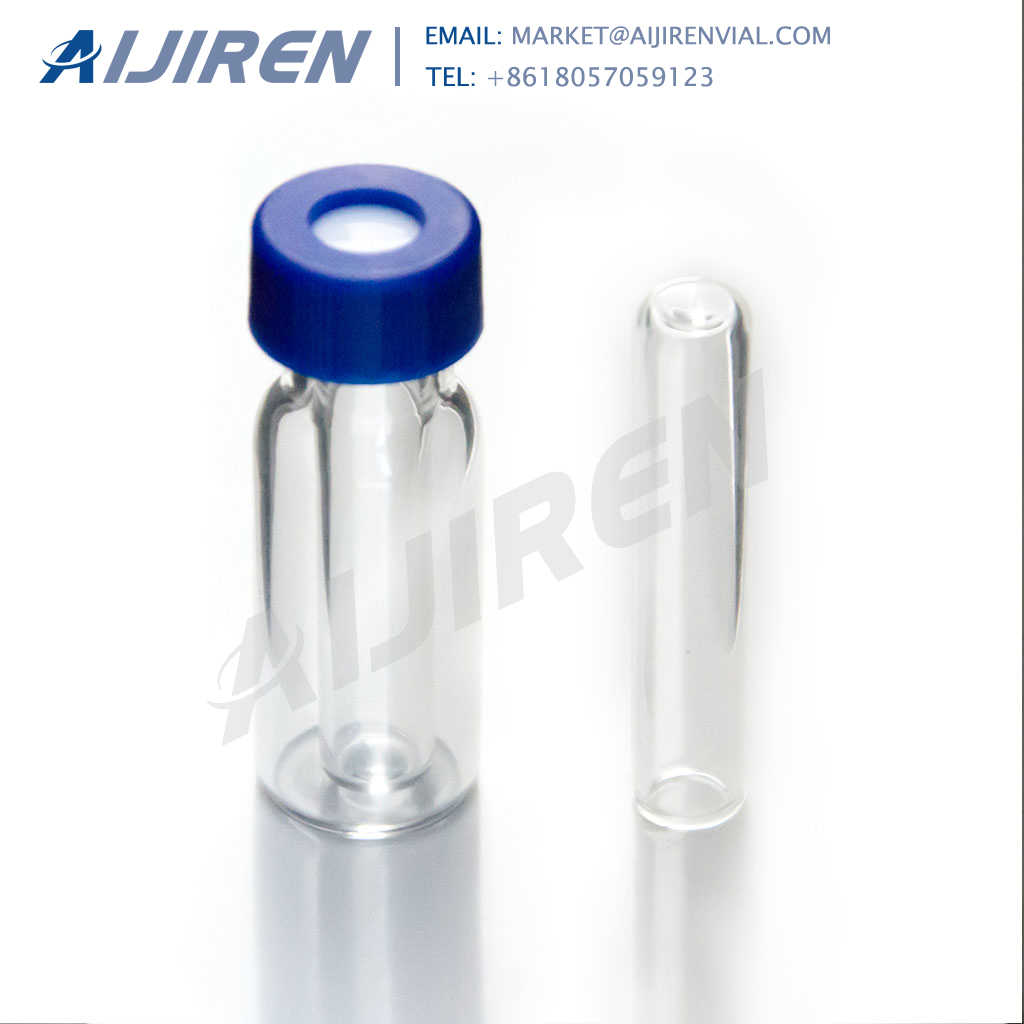
A membrane press is identical to a standard filter press except that the chambers (area between the plates) have membranes to squeeze out excess water from the slurry. A press with all membrane plates can be costly, however, the mixed pack is a more cost-effective alternative. In a mixed pack, each chamber has one side with a membrane that will

Membrane filters of CE are placed on clean microscope slides and left to a short burst of acetone vapor. Then the filter is cleared by collapsing the filter structure. A drop or two of triacetin is applied to the filter surface, and a cover slip is carefully placed on it. The filter is ready for evaluation after a brief period of warming.

Hydrophobic membrane filters are typically used with compatible non-aqueous fluids. They are also commonly used as air, gas, or vent filters. Hydrophobic membrane filters are sometimes used with water or aqueous solutions; and, in these applications, they must first be prewet with a low surface tension, water miscible fluid prior to use.